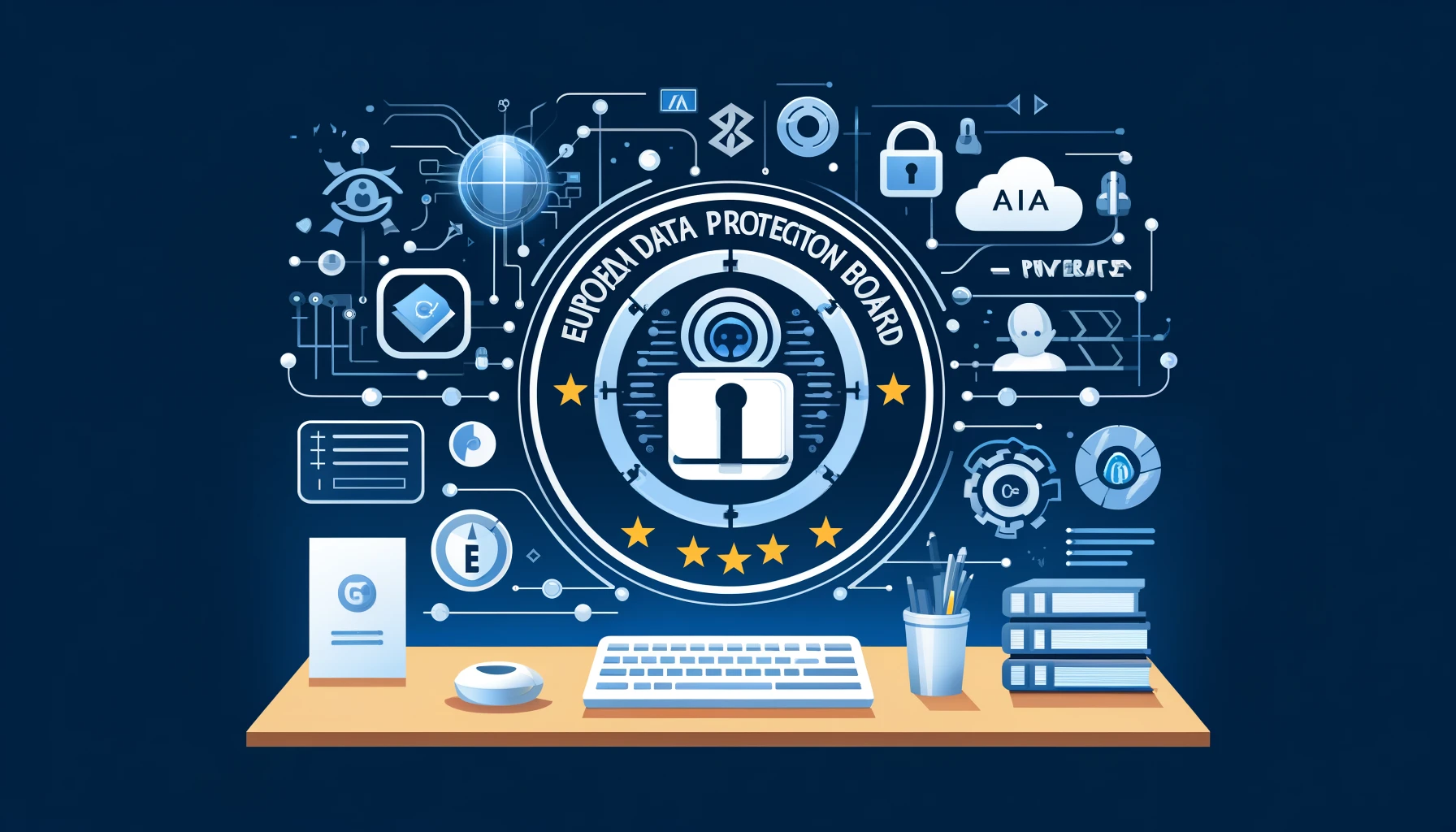The European Union has taken significant steps to address privacy concerns surrounding AI chatbots like ChatGPT. The EU’s newly formed ChatGPT taskforce has unveiled its initial strategies aimed at ensuring these advanced technologies comply with stringent privacy regulations.
Unveiling the Taskforce’s Mission
On May 27, 2024, the European Data Protection Board (EDPB) provided a first look at the initiatives spearheaded by the ChatGPT taskforce. This body, consisting of representatives from national data protection authorities across the EU, is tasked with scrutinizing how AI systems handle personal data. The move follows increasing scrutiny and complaints about potential violations of the General Data Protection Regulation (GDPR) by AI systems, particularly ChatGPT.
The taskforce’s formation was largely motivated by a temporary ban imposed on ChatGPT by Italy in 2023, citing non-compliance with GDPR mandates. This action set a precedent, prompting other European regulators to reassess their approaches towards AI and data privacy.
Privacy Compliance Challenges
One of the main concerns addressed by the taskforce is the so-called “hallucinations” of AI, where chatbots generate inaccurate or fabricated information. For instance, the privacy advocacy group noyb filed a complaint with the Austrian data protection authority, highlighting how ChatGPT had provided incorrect personal data about individuals. This complaint underscored the AI’s failure to inform users about its limitations in accessing accurate personal data, thereby violating GDPR principles on data accuracy and transparency.
OpenAI, the developer behind ChatGPT, has faced considerable pressure to disclose the datasets used for training its models. Despite claims of compliance, OpenAI has yet to fully reveal these sources, adding to the regulatory scrutiny. The company has acknowledged these challenges and expressed a willingness to engage with European regulators to address these concerns.
Broader Implications for AI Development
From my perspective, the EU’s proactive stance on AI privacy compliance is a critical step towards safeguarding user data in an era of rapidly advancing technology. The establishment of the ChatGPT taskforce signals a growing recognition among European regulators that AI technologies need stringent oversight to prevent misuse and protect individual privacy rights.
However, this regulatory focus could also pose significant challenges for AI developers. Ensuring compliance with GDPR while maintaining the functionality and innovation of AI systems like ChatGPT requires a delicate balance. The costs associated with meeting these regulatory requirements might slow down the deployment of new AI features and updates, potentially stifling innovation in the short term.
On the other hand, stringent regulations could foster a more trustworthy and secure AI ecosystem in the long run. By holding AI developers accountable, the EU aims to create a safer environment for users, which could ultimately enhance public trust and adoption of AI technologies.
Looking Ahead
As the EU continues to refine its approach to AI regulation, other regions may look to its policies as a model for their own regulatory frameworks. The actions taken by the ChatGPT taskforce will likely set important precedents for how AI privacy issues are handled globally.
In summary, the EU’s efforts to enforce privacy compliance in AI systems reflect a necessary evolution in digital governance. While these measures pose challenges, they are crucial for ensuring that the benefits of AI do not come at the cost of user privacy and data security.
For more details on the EU’s ChatGPT taskforce and its initiatives, you can read the full reports on Politico and other news outlets.






